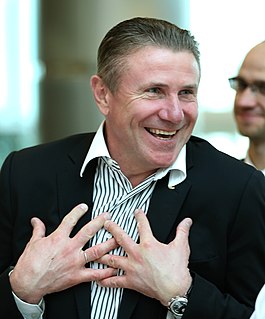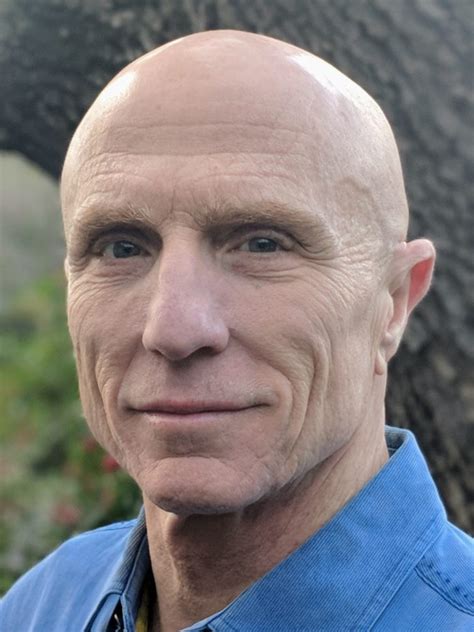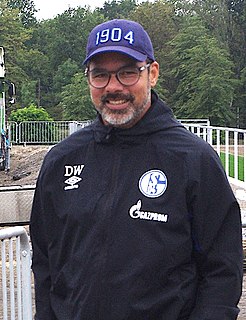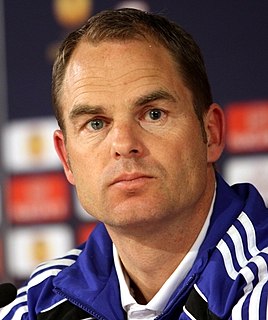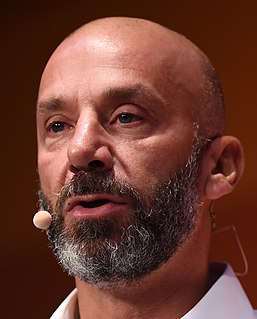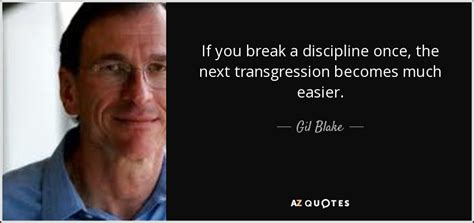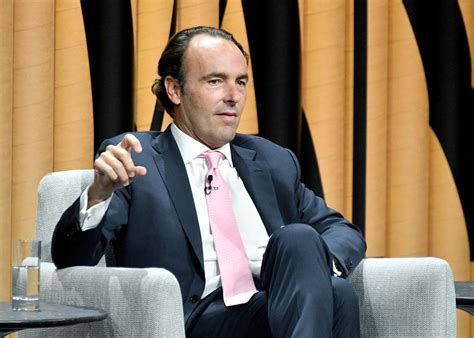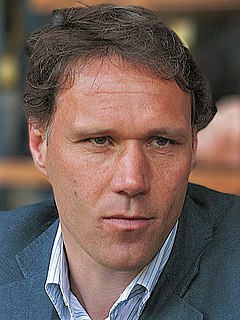A Quote by Larry Hite
Throughout my trading career, I have continually witnessed examples of other people that I have known being ruined by a failure to respect risk. If you don’t take a hard look at risk, it will take you.
Related Quotes
To laugh is to risk appearing a fool. To weep is to risk appearing sentimental. To reach out to another is to risk involvement. To expose feelings is to risk exposing your true self. To place your ideas and dreams before a crowd is to risk their loss. To love is to risk not being loved in return. To hope is to risk pain. To try is to risk failure. But risks must be taken, because the greatest hazard in life is to risk nothing.
I think people in general don't take enough risks. Some people feel that before they can take on that next challenge they need to be 100 percent ready. It's just not true. Even people in their jobs aren't perfect at their jobs. So my biggest advice to people is to step out there. Take the risk and deal with it. What is the worst that could happen? It's about thriving on risk instead of shrinking from risk.
Basically if you study entrepreneurs, there is a misnomer: People think that entrepreneurs take risk, and they get rewarded because they take risk. In reality entrepreneurs do everything they can to minimize risk. They are not interested in taking risk. They want free lunches and they go after free lunches.
The church seeks to help form people who can risk being peaceful in a violent world, risk being kind in a competitive world, risk being faithful in an age of cynicism, risk being gentle among those who admire the tough, risk love when it may not be returned, because we have the confidence that in Christ we have been reborn into a new reality.
The risk of working with people you don't respect; the risk of working for a company whose values are incosistent with your own; the risk of compromising what's important; the risk of doing something that fails to express-or even contradicts--who you are. And then there is the most dangerous risk of all--the risk of spending your life not doing what you want on the bet that you can buy yourself the freedom to do it later.









